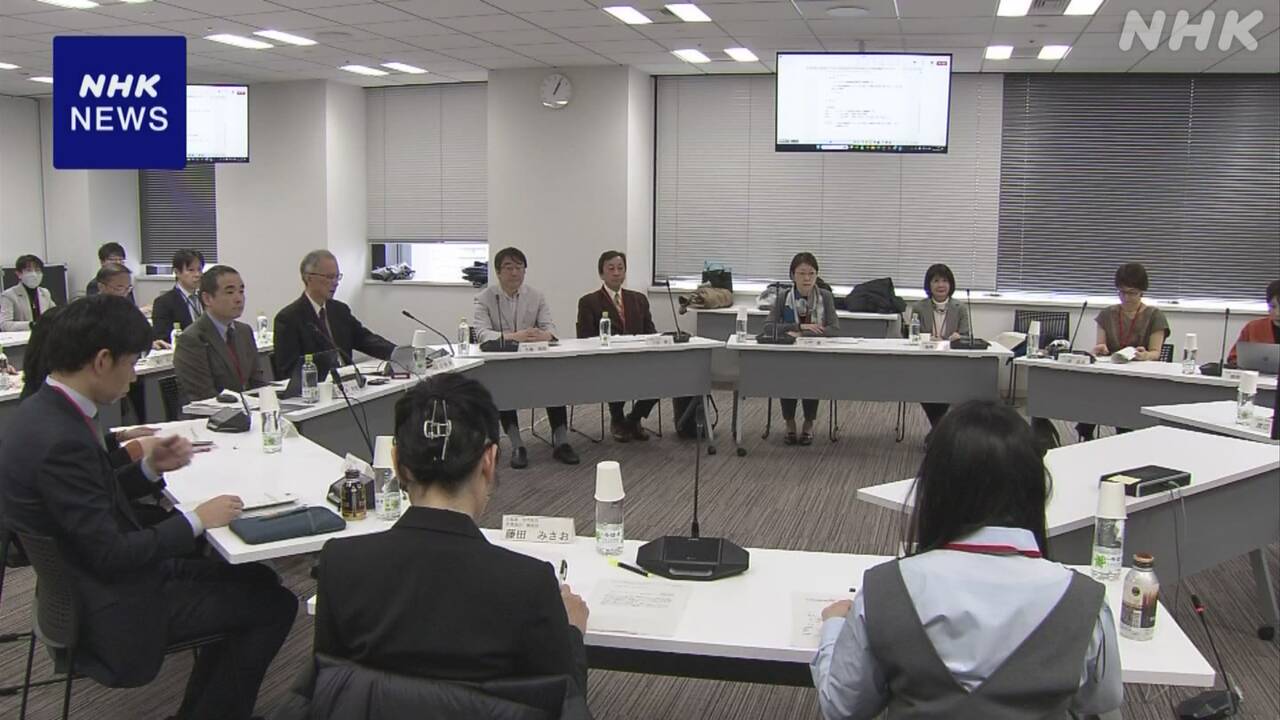A working group of the national expert committee has pointed out ethical issues regarding research to create cells that closely resemble fertilized eggs from human iPS cells, etc., and that certain regulations are necessary for research on humans. We reported the results of our study.
In the future, the expert committee will hold discussions and consider what regulations should be.
This was reported at a meeting of the Cabinet Office's Bioethics Committee held on the 6th.
Research to create cells that closely resemble fertilized eggs from human iPS cells and ES cells, which can develop into any type of tissue, is being conducted both domestically and internationally as a way to reproduce the initial process from fertilized eggs to fetuses. .
On the other hand, ethical issues have been pointed out, such as the possibility that as research progresses, it may become possible to create a state close to that of a fetus. I did.
The working group reported the results of the study on the 6th, stating that it is necessary to establish certain regulations when proceeding with research, and giving specific examples of
research plans such as how far the created cells will grow. They also recommended that the cells be subject to ethical review beforehand, and
that research involving transplanting the produced cells into humans or creating fetuses would be prohibited.
The working group will compile the results of the study into a final report, and the expert committee will then proceed with discussions on the form and specific content of the regulations.

